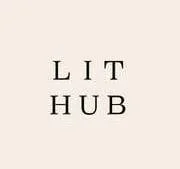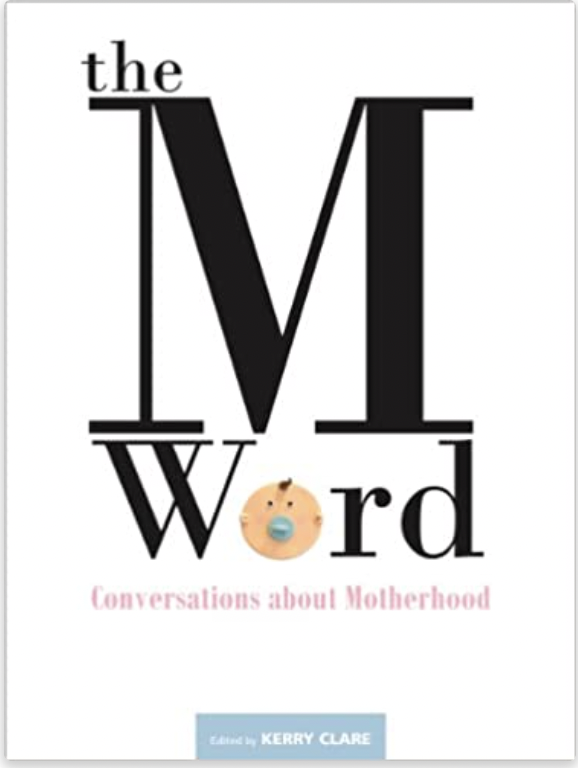Essays
-

A Daughter Becomes a Mother: On Inhabiting Both Roles in Fiction and in Life
I was writing a novel about a woman with a terrible mother when I became a mother myself. In stolen early morning sessions, I read my baggy first draft and made notes on everything that wasn’t working. In endless hours with a baby, a toddler, and never-finished housework, I pondered how to fix it.
The connection to my writing and my creative self was a lifeline in my alien new role as a mother, but the challenges of carving out time and mental energy to write a novel also intensified my overwhelm. My husband was an actor, earning our living out of town for weeks at a stretch.
Whenever I decided the struggle was impossible and I had to put writing on hold, convincing myself to embrace my new identity as a full-time mother and homemaker, I became depressed within days. Some mornings, I lay in bed unable to summon the will to face more of the endless cycle of domesticity.
-

A Real Woman
In Body & Soul: Stories for Skeptics and Seekers, published by Caitlin Press, edited by Susan Scott
The words on my screen are shocking, mortifying, incongruous. They are my words, written fifteen years and another self ago. A casual self-Googling has unearthed them, in an essay called “A Real Woman,” published pre-internet in a magazine when I was eighteen years old. Now, unbeknownst to me, the essay has gone viral.
“A Real Woman,” I discover as I click link after link, has been posted and reposted. It is on blogs, websites, discussion forums. It’s being debated, defended, derided. One post has 340 comments. Another features a downloadable PDF someone has gone to the trouble of making, with colourful bubbles around each of my points. People are printing it, hanging it above desks, recommending it to friends.
I am appalled.
-

The Post-Maia World
In The M Word: Conversations about Motherhood, published by Goose Lane, edited by Kerry Clare
The first person I though of after I gave birth to my second daughter was the woman who gave birth to my first daughter. Still throbbing from two hours' pushing, stupefied at my body's life-producing power, I wobbled to the bathroom on my midwife's arm and realized, My god. So this is what she did to bring Maia into the world.
-

Breaking Stride
In the March 2015 issue of Chatelaine
The rumour, we later learn, is that we’re a couple. We move into our five-month house-sit in the highest town in the mountains of West Virginia, my best friend and I — knowing no one, knowing nothing except that we’ve been offered an adventure and a place to live together — and we confuse the neighbours.
“Of course we assumed you were a couple,” say the friends we eventually make. “You live together, you go everywhere together, you hold hands walking down the street. You call each other Baby.”
We do. But we’re 25 and both recently sprung from the conservative religions we embraced most of our lives, and the idea of being mistaken for lesbians is amusing and exotic and a bit pleasing — a testament, we feel, to the connection between us that surpasses run-of-the-mill best-friendship. We’re soulmates. Partners in a chaste marriage. Opposites who fit so completely that we bring out each other’s deepest and most essential selves.
-

Prophecy
I’m standing in my parents’ kitchen and I’m crying from a powerful and inexplicable connection to the baby I’ve claimed into my arms. Her name is Maia, her age is three months, and she is my teenage brother’s daughter. Richard and I are visiting my family at the Northern Ontario lake where my parents live. We’ve just flown in from a trip to England and are soon to head out again for summer in New York City. We’re stopping in to meet our new niece.
I am overcome. I’ve held other babies, unmoved. I’m always a little anxious to pass them back. This baby stares at me and our knowledge of each other is in her blue eyes, there you are, so good to see you again. I cling to her and do not want to let her go. “Is this your biological clock?” Richard asks, but I know these tears aren’t for a baby of my own. Something about this particular baby moves me. The only time a meeting has ignited such gut-level affinity, so bemusing and intense that I can barely look, is when I met Richard.
-

The Shadow Side of Success
In The New Quarterly Issue 141 Winter 2017 - with Suzanne Alyssa Andrew, Maria Meindl, and Carrie Snyder
As writers we’re all familiar with aspects of the writing life that come with emotional struggle: the years of unpaid labour with little to show for it, the demoralizing submission process, the repeated rejections. Any of these can and do generate anxiety, depression, discouragement—but also a hope that all will be happier, and way more celebratory once we finally achieve what it is we’re working toward. Once we have, so to speak, arrived.
But what happens if you do arrive—you finish your novel, publish your memoir, win a prize—and instead of the euphoria and satisfaction you’ve anticipated, you find yourself mired in a murkier experience?
Over the past year, as I’ve attained some of my goals as an emerging writer, I’ve suspected that there can be a hefty helping of darkness waiting on the other side of what we define as success. I’ve found myself blindsided—not by joy, though there was joy, but by fear, depression, and shame.